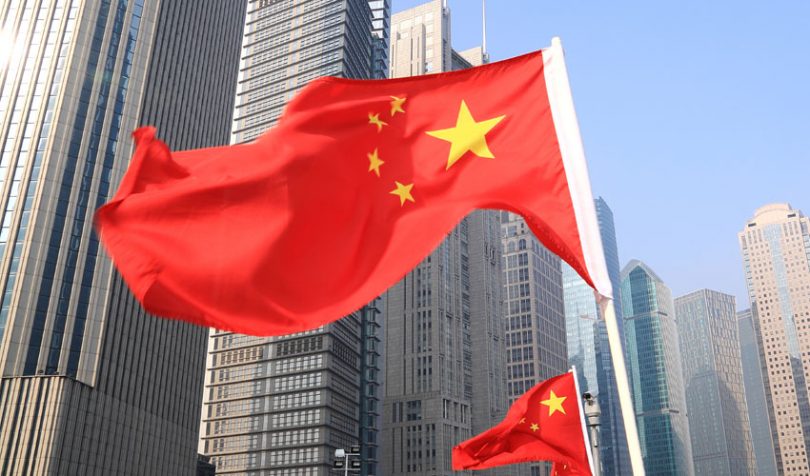Last week two major Chinese trade finance blockchain initiatives were announced. Firstly, the Bank of China (BOC) is planning a trade finance blockchain. Secondly, Ping An’s OneConnect launched a supply chain finance platform.
In a speech last week, Huang Runzhong, Secretary General of the China Banking Association (CBA) said: “The BOC is in the process of cooperating with a number of member units, and is working together to build a trade and financial inter-bank transaction information exchange system based on blockchain technology, and strives to provide a broader and more promising trade finance business for banks.”
Last month the People’s Bank of China announced a pilot of the Bay Area Trade Finance Blockchain Platform, which is only for Shenzhen, Guangdong, Hong Kong, and Macau. The latest statement hints at a larger project.
Ping An’s OneConnect
Also last week, Ping An’s OneConnect launched a major supply chain finance platform on its “One Enterprise Chain”. Using a “two small, one big” approach the initiative aims to target large corporates to bring along their SME suppliers. The funding is to be supplied by small to medium-sized banks.
OneConnect is Ping An’s main fintech subsidiary. Earlier this year OneConnect raised a Series A funding of $650m at a post-investment valuation of $7.5 billion. SBI Group and IDG were investors. By the end of the first quarter of this year, across all its applications OneConnect serviced more than 450 banks and 2100 quasi-financial institutions.
Frank Lu who heads up the Blockchain Division, was one of the early architects of Hyperledger Fabric when he was at IBM.
The platform
OneConnect’s supply chain finance platform leverages AI and big data and connects customers, suppliers, banks and business partners.
In traditional trade finance, SMEs struggle because it’s hard to do a reliable credit rating, even if their customer is an enterprise. In OneConnect’s platform, with the large enterprise customer as a participant, there’s greater transparency about the status of the transaction. Hence the large enterprise can get financing to settle their supplier invoices promptly, and potentially the SME can get financing to get paid early.
The platform enables transparency in multiple dimensions. The identity of the participants is fully verified. Transactions and payments are visible because of integration with banks. In addition, the paperwork such as orders, invoices, and delivery notes is available on the blockchain. Integration using IoT at the warehouse enables goods tracking. And the data is protected using Zero-Knowlege cryptography, so it’s all on a need-to-know basis.
One of the project’s aims is fraud prevention so that a company can’t get financing for the same invoices from multiple banks. Hence just enough sharing happens, without banks revealing competitive information.
In India, Monetago is running a solution with a similar fraud prevention aim across multiple trade finance networks.






